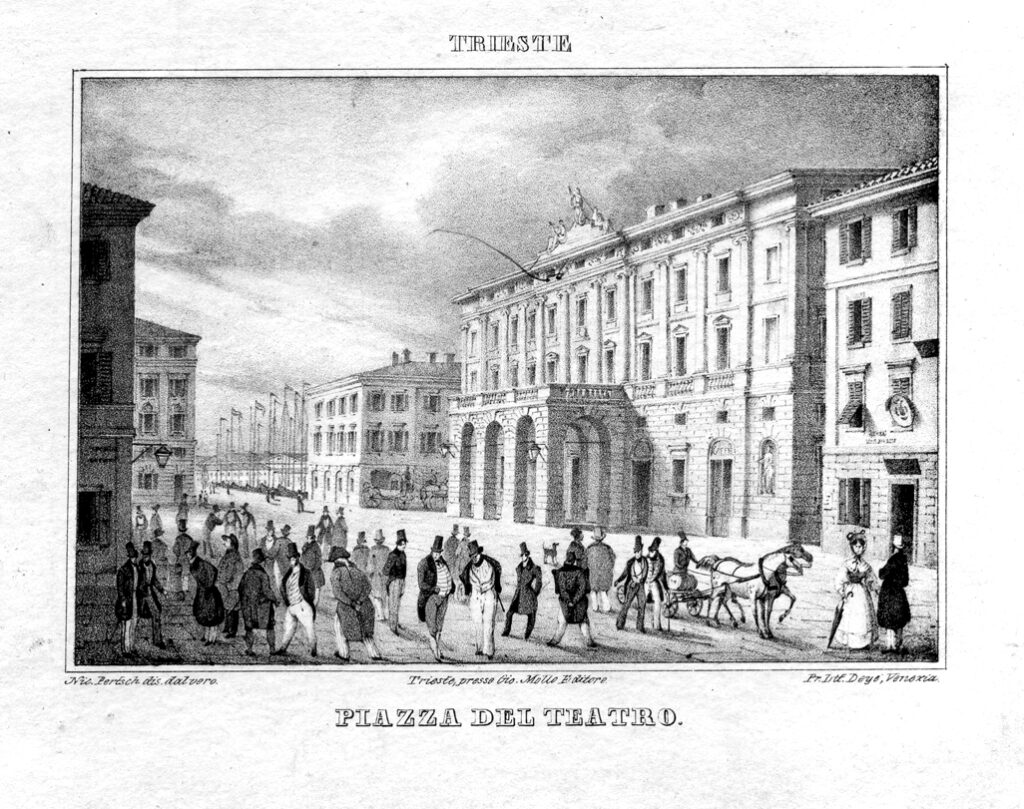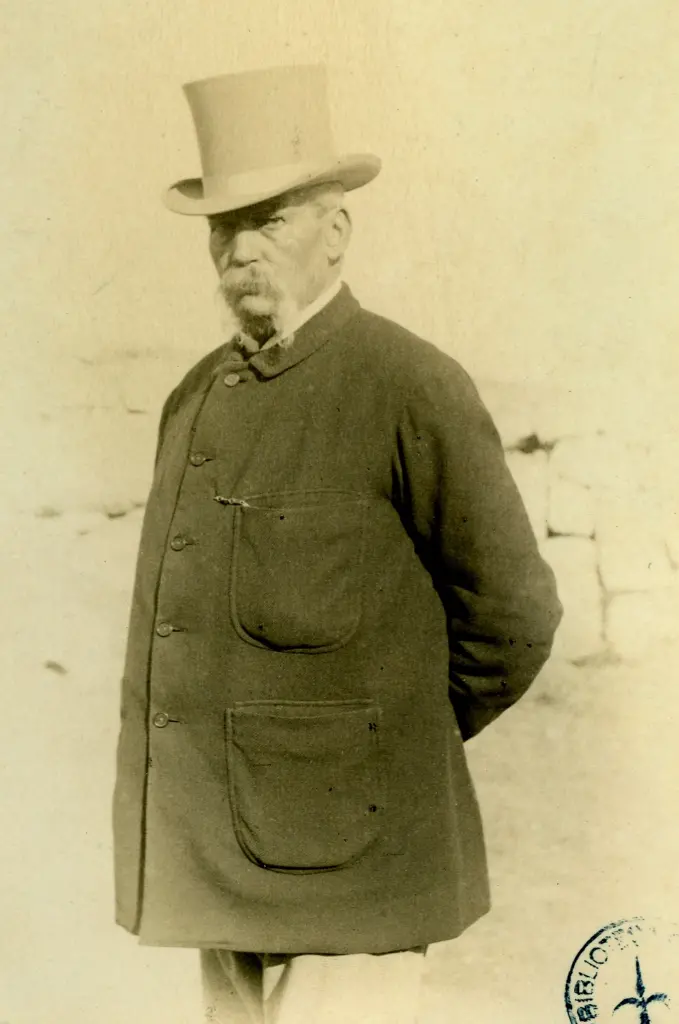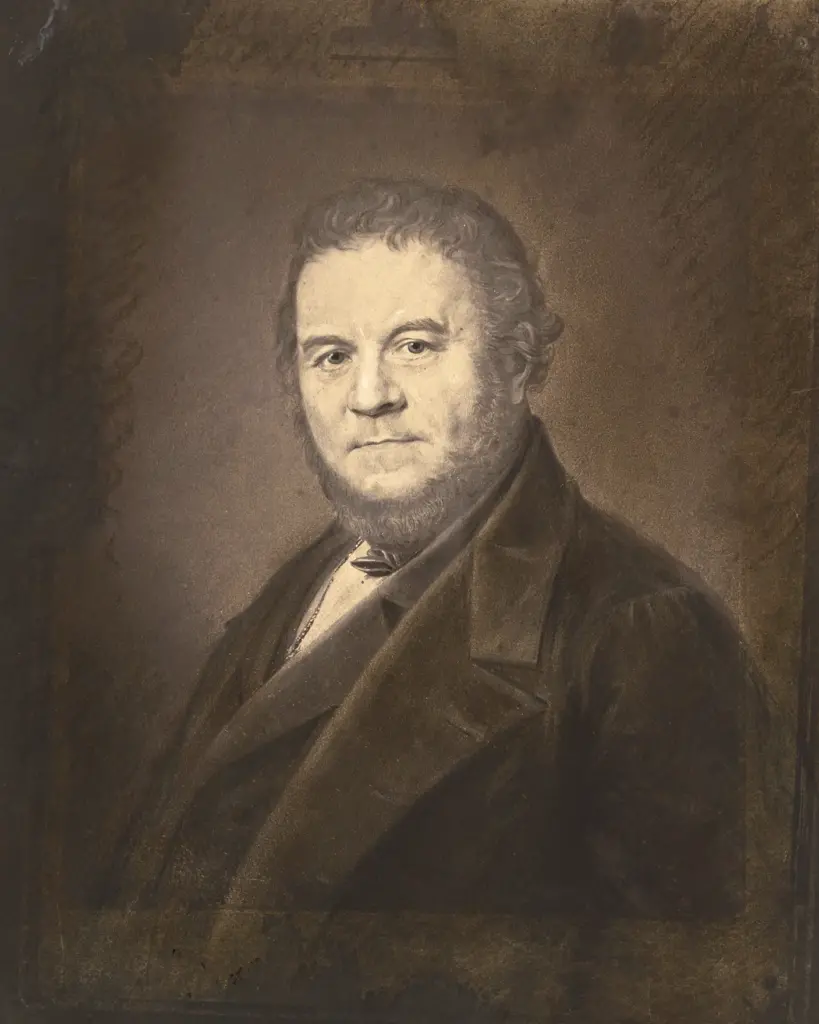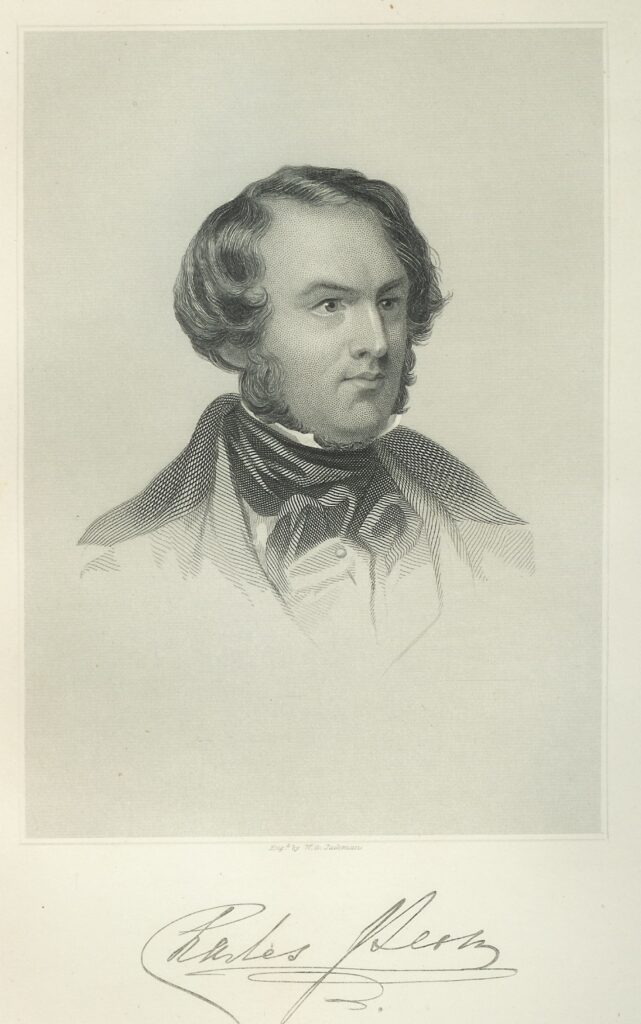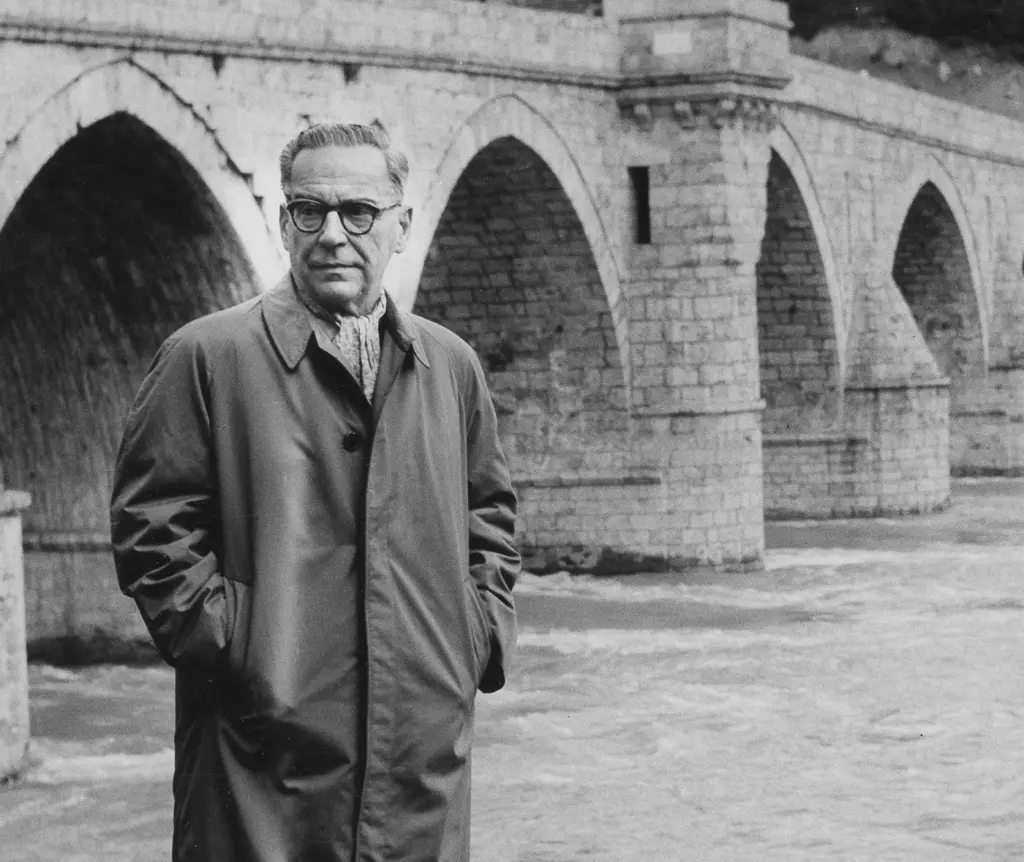Richard Francis Burton
From India to Arabia, from Africa to America, to Iceland, to Istria: the world was his Perfumed Garden.
An explorer, orientalist, anthropologist, archaeologist, diplomat and writer, Burton was an exceptional traveler and polyglot. Among the first Europeans to visit Mecca in 1855, he later explored East Africa in search of the sources of the Nile. He was English consul in Africa, Brazil, Syria and finally in Trieste where he undertook the first full translations of The Arabian Nights, the Kama Sutra and the Persian erotic poem The Perfumed Garden.
After his death, his widow, Isabel Arundell Burton, a fervent Catholic, took possession of his material and spiritual inheritance. With the aim of defending her husband’s memory, she burnt the translation of the Perfumed Garden and forty years of Burton’s diaries. She then wrote her own autobiography, of which she donated a copy with a dedication to the Civic Library of Trieste.
In his last years, Burton also “explored” the area around Trieste in length and breadth, dedicating several publications to archaeology, anthropology and the commercial potential of the port of Trieste. In contact with the naturalist and anthropologist Carlo De Marchesetti, he carried out important studies on the prehistoric hillforts of the Adriatic area, on the spas of Monfalcone, and on the islands of Vis (Lissa) and Palagruža (Pelagosa) in Dalmatia.
Isabel Arundell, Richard Burton in Trieste – ph. F. Grenfell Baker – public domain
“Diplomatic” literature
French, English, Yugoslav: the setting of Trieste seems to have been a favourable one to the diplomatit’s pen
Stendhal [Henri Beyle]
Stendhal, a pseudonym that referred to the city Stendal where Winckelmann was born, was French consul in Trieste between 1830 and 1831. Disliked by the Austrian Chancellor Metternich, and by no means a fan of local cuisine, the company and the terrible bora, he left early, leaving the lawyer Domenico Rossetti, who was seeking subscriptions for a cenotaph to Winckelmann – murdered in Trieste – a letter full of compliments, but poor in terms of money.
Charles Lever
Burton’s predecessor as British consul in Trieste was a then very famous Irish novelist. He wrote about thirty novels in all, the best known of which are Charles O’ Malley (1840) and Tom Burke of Ours (1844). Sensitive to revolutionary themes, he met Giuseppe Garibaldi and was adored by Karl Marx. He is buried in Trieste’s Anglican cemetery.
Ivo Andrić
Born in Austrian-administered Bosnia, marked by a centuries-long Ottomans rule, in 1961 he received the Nobel Prize for The Bridge over the Drina set in the town of Višegrad between the end of the 16th century and the First World War. Between 1922 and 1923 he was vice-consul in Trieste of the Kingdom of Serbs, Croats and Slovenes (the future Yugoslavia) and here he set an unfinished autobiographical novel. The four long surviving fragments were published in Italian with the title La storia maledetta (“The Cursed Story”).
